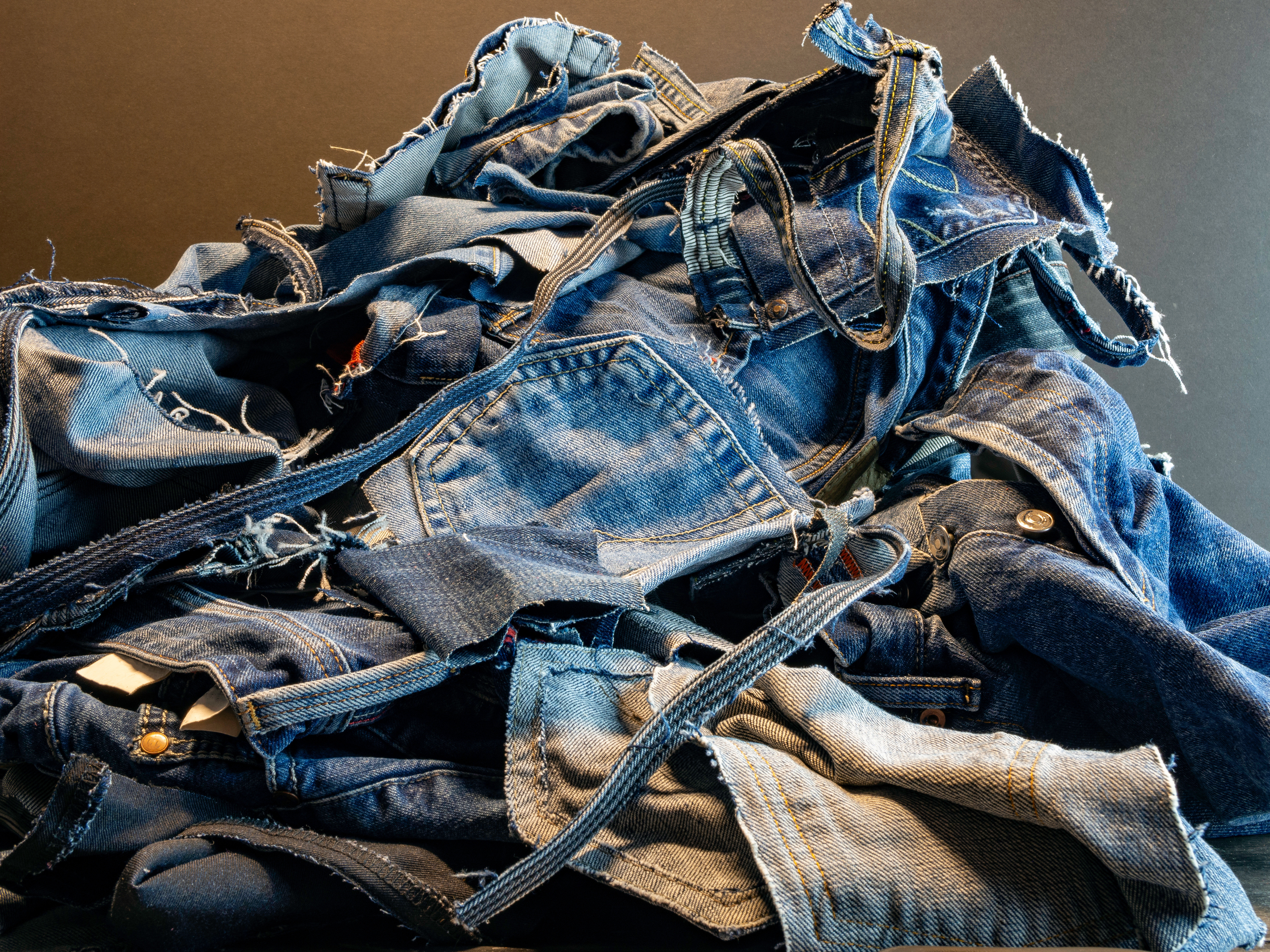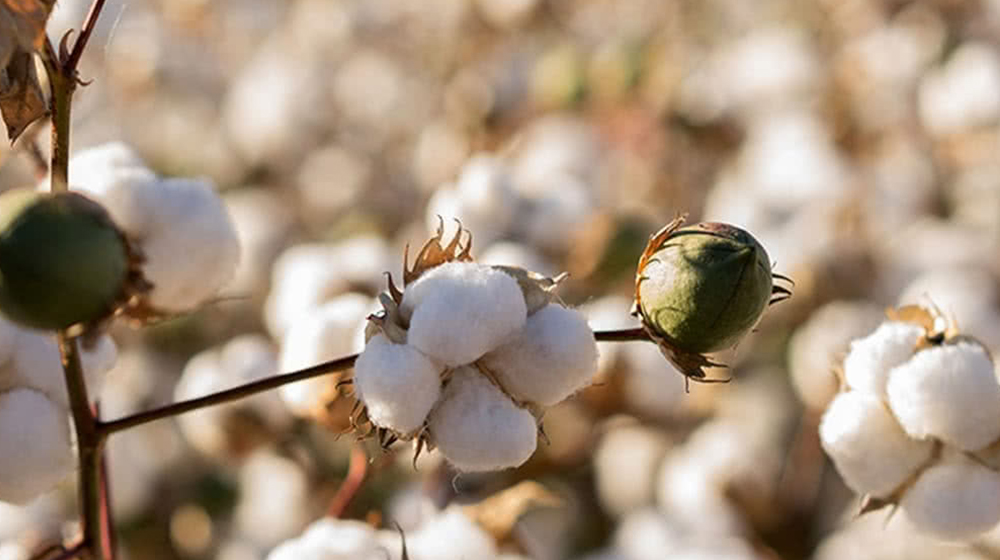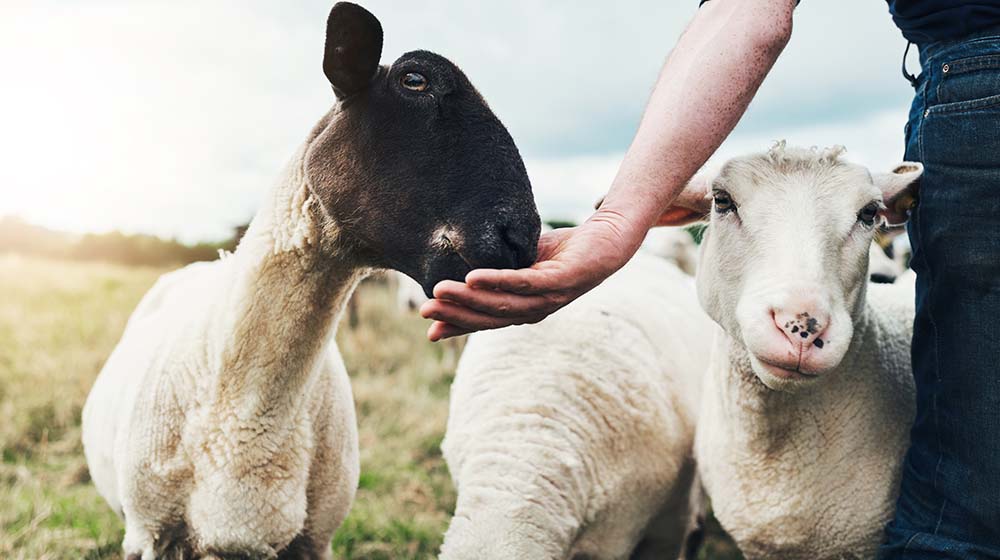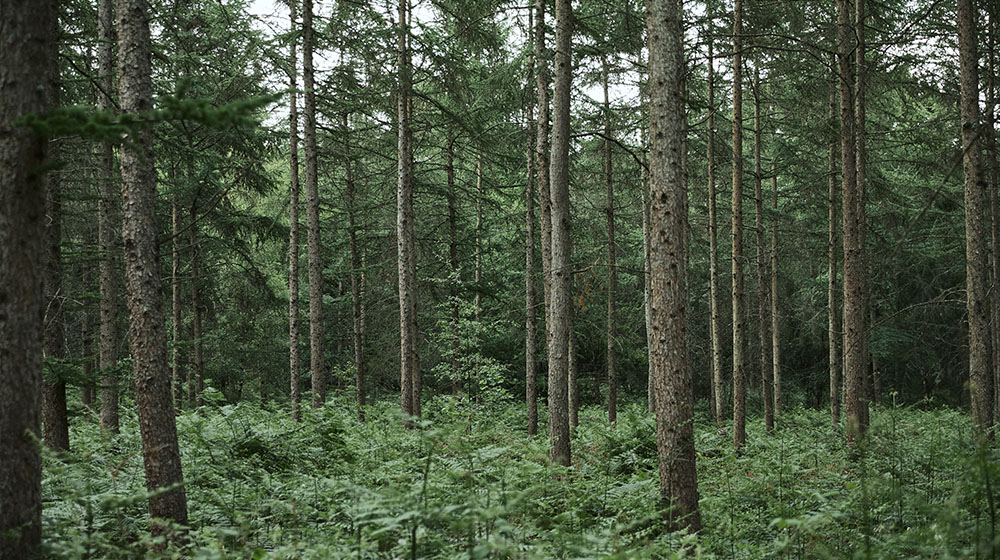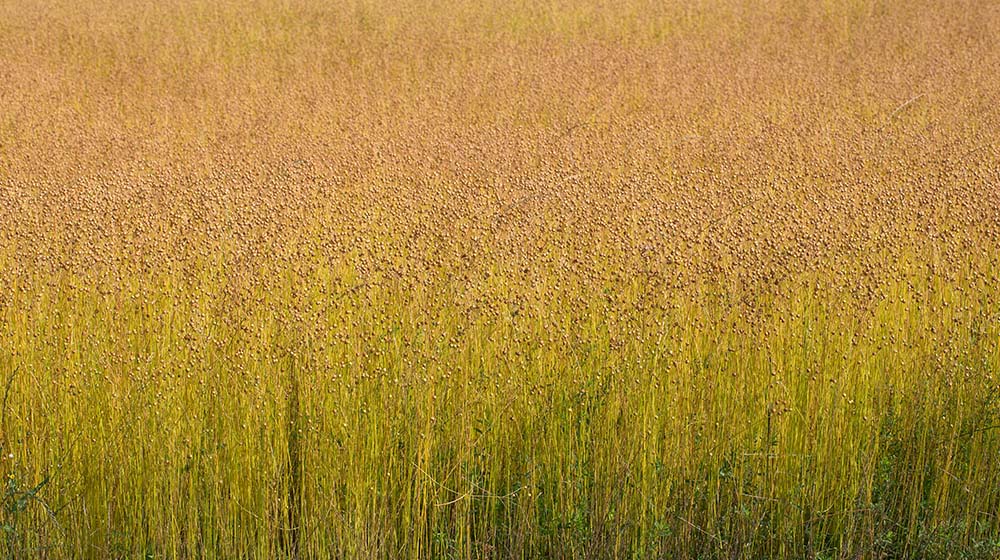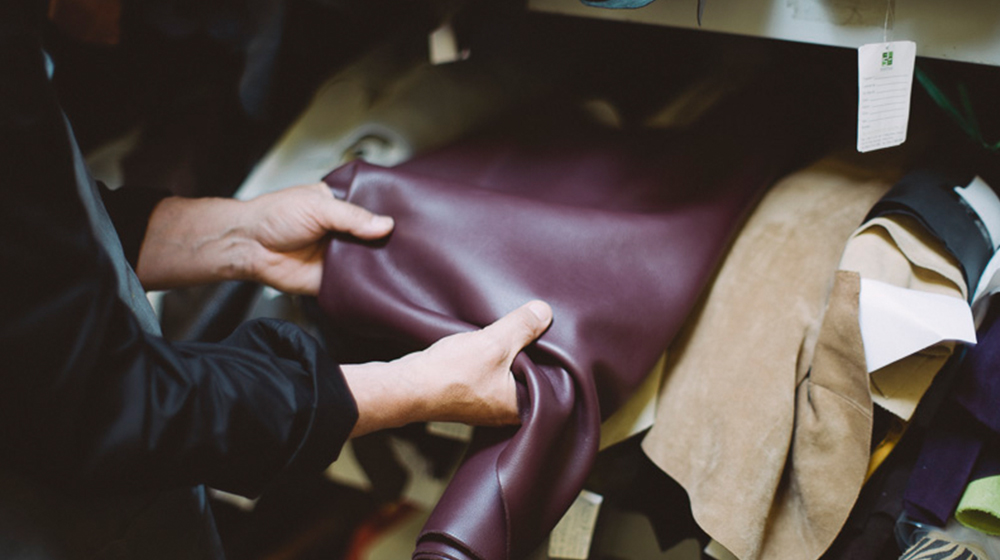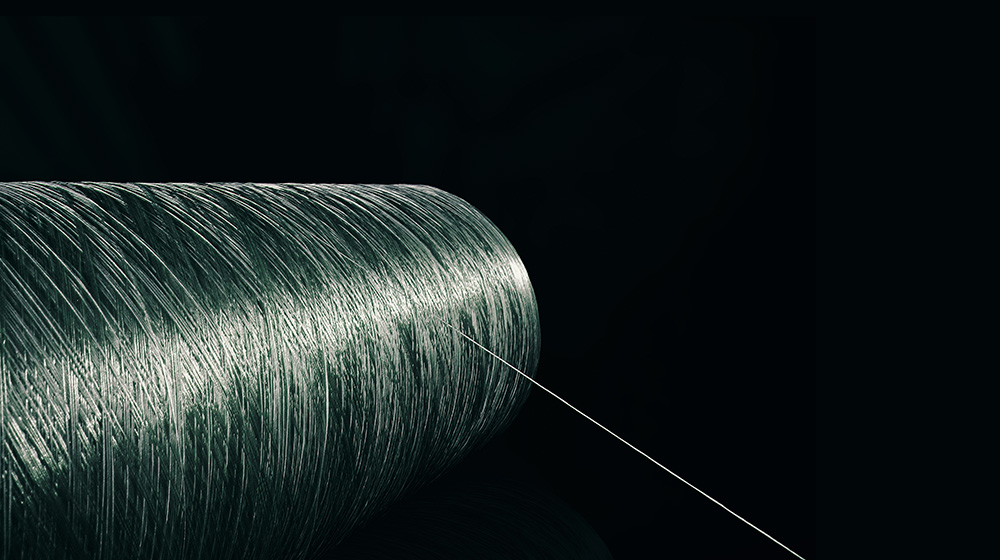Materials
Whether sustainably sourced cotton, recycled materials, or a cellulosic yarn as an alternative to polyester: HUGO BOSS strives to produce established raw materials more sustainably – or strike new ground to develop innovative materials.
HUGO BOSS has always been using high-quality materials and processing techniques – as a prerequisite for ensuring long-lasting products. It is also important to us to use more sustainable materials like regenerative cotton wherever possible. The ultimate goal is to achieve innovative, better product solutions that unleash the full potential of HUGO BOSS. It is also a fundamental part of this strategy to protect the biodiversity of our planet and thus to pay attention to appropriate animal husbandry and breeding-practices as well as the protection of forests and responsible farming methods such as regenerative agriculture.
We work constantly on implementing these material strategies, in cooperation with international initiatives such as Canopy, Raddis® Cotton or the Leather Working Group (LWG) and in close partnership with our suppliers.
To make well-founded decisions as part of our sustainable materials strategies, we have conducted a preferred material analysis as well as an extensive natural capital evaluation of all our materials.
Recycled Materials
